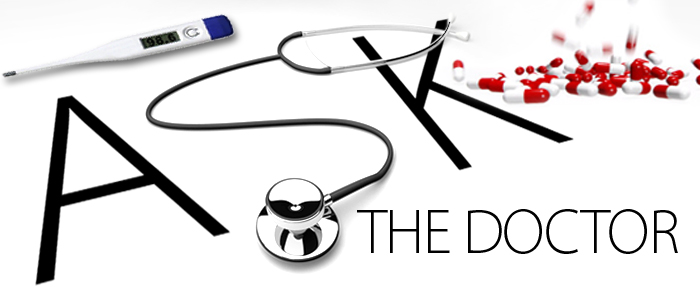
By Dr. Peter Kadile
Heartburn is usually a symptom of gastroesophageal reflux disease (GERD). The discomfort of reflux is caused by the upward backflow of stomach acid, bile, ingested liquids and foods into the esophagus. GERD symptoms commonly manifest as a burning type pain or discomfort that moves up from your stomach to the middle of your chest. The pain can also move into your throat. Other symptoms can be nausea after eating, frequent belching or burping, and bloating. Constantly having to clear your throat or persistent coughing can also be due to GERD.
While there are effective over the counter medications out there, they should only be for short term use only. Long term use of proton pump inhibitor(PPI)medications, such as, Prilosec, Prevacid, Nexium, Protonix, ( also known as omeprazole, lansoprazole, pantoprazole, esmeprazole and rabeprazole)can adversely affect the stomach’s absorption of vitamins and minerals. Anemia and increased risk of bone fractures may result from long term use of these medications. PPI use increases the risk of kidney disease, cardiovascular disease, infections such as pneumonia, diarrhea and disruption of the natural bacteria in the stomach. A recent Danish study also noted that PPI use increased the risk for stroke. Along with another class of medications called H2 blockers (Tagamet, Zantac, Pepcid), chronic long term use of these heartburn or reflux meds interferes with the stomach’s ability to properly absorb nutrients. Just think, the stomach needs an acid environment to break down proteins for digestion.
Lifestyle modifications are an important component in treating GERD and can decrease dependence on medications that have potential adverse side effects.
- Maintain a reasonable weight
- Avoid eating tomatoes, garlic, and onions. Also refrain from chocolate, peppermint, citrus fruits and fatty or oily foods
- Avoid coffee, tea, alcohol and soft drinks
- Eat smaller meals more frequently instead of three large meals a day. Do not lie down after meals.
- Do not eat for at least 2-3 hours before bedtime. Elevate the head of the bed about 6 inches.( It’s usually better to elevate the head of the bed instead of just laying on an extra pillow)
- Get plenty of exercise and rest.
- Do not smoke.
- Try not to take any aspirin, ibuprofen (Advil, Motrin) or naprosyn (Aleve).
If you are already on PPI medication, it is not a good idea to abruptly stop it. If abrupt cessation of a PPI occurs, you may experience rebound acid production and the heartburn symptoms may be ten times worse. You should try and taper off the medication slowly and start by taking it every other day and then eventually spread it out even more.
There are some natural compounds that are effective in protecting the esophagus and controlling heartburn symptoms without having adverse long term side effects. Calcium carbonate (example; Tums) in the chewable form has been shown to reduce acidity in the esophagus. Magnesium carbonate can also neutralize acid and provide magnesium which is frequently deficient due to use of PPIs. A third supplement is an extract of licorice known as deglycyrrhizinated licorice extract which controls heartburn because it blocks inflammation.
So, the typical heartburn medications known as PPIs should only be for short term use only. For most people, lifestyle modifications can prevent heartburn. If lifestyle modifications aren’t enough, using the natural supplements can help without having any long term side effects. If you are already on a PPI and want to stop, taper off it gradually and use the supplements mentioned to avoid rebound heartburn.












































